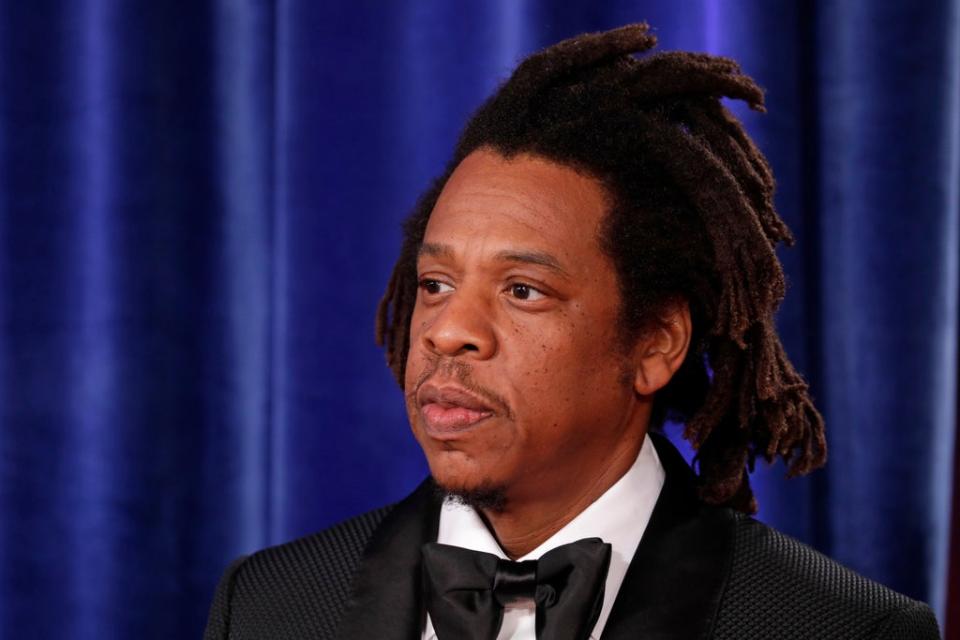Jay Z backs New York law change to stop rap lyrics being ‘weaponised’ in court

Jay Z is supporting a proposed law that would block rap lyrics from being used as evidence of alleged crimes in court.
According toRolling Stone, rappers Meek Mill, Big Sean, Fat Joe, and Yo Gotti are among the rappers who have joined forces with Jay Z (real name Shawn Corey Carter) to call on New York lawmakers to pass Senate Bill S752.
The bill has been brought forward by Democrat senators Brad Hoylman and Jamaal Bailey, and assembly member Catalina Cruz.
The legislation would limit the use of “creative expression” as evidence and push prosecutors to prove that such art is not fictional, with “clear and convincing evidence”.
The bill was first revealed in November 2021. It was passed through the Senate Codes committee earlier this week, into state law.
“This is an issue that’s important to [Jay-Z] and all the other artists that have come together to try to bring about this change,” Jay-Z’s lawyer Alex Spiro said in a statement.
“This is a long time coming. Mr Carter is from New York, and if he can lend his name and his weight, that’s what he wants to do.”

American rapper Fat Joe added: “Our lyrics are a creative form of self-expression and entertainment – just like any other genre.”
“We want our words to be recognised as art rather than being weaponised to get convictions in court,” he told Rolling Stone. “I hope the governor and all the lawmakers in New York take our letter into consideration, protect our artistic rights and make the right decision to pass this bill.”
Drakeo The Ruler was one rapper who served three years in prison after the content of his songs was used to prosecute him.
The late rapper was incarcerated after prosecutors used lyrics from his 2016 song “Flex Freestyle” to convict him for the murder of a man outside a party in Carson, California.
“Presuming a defendant’s guilt based solely on musical genre or creative expression is antithetical to our foundational rights and perpetuates the systemic racism that is embedded into the criminal justice system through discriminatory conflations of hip-hop and rap with criminality,” senator Bailey said in a statement.

 Yahoo News
Yahoo News 